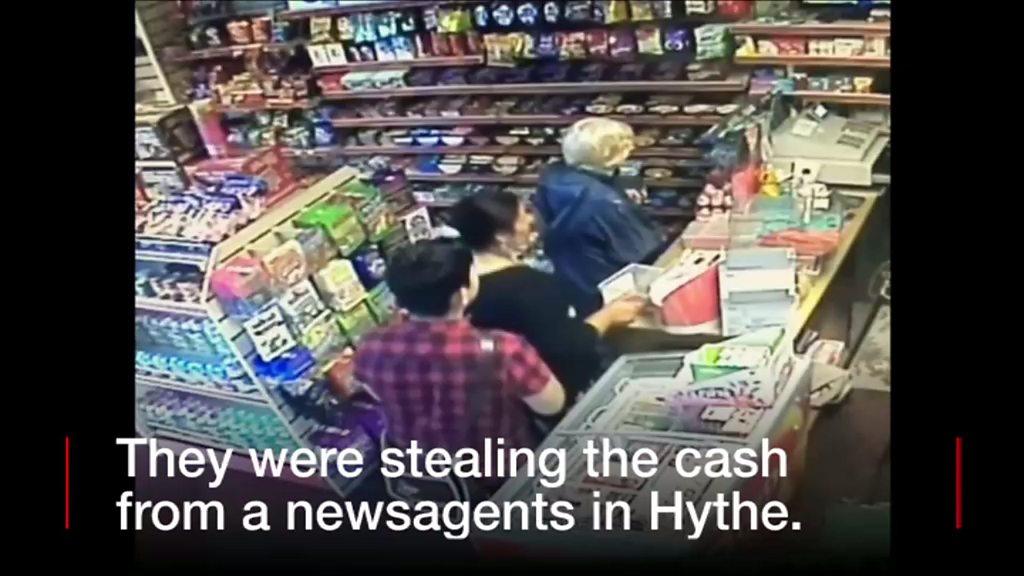Bereaved Dover parents continue cancer treatment fight
- Published
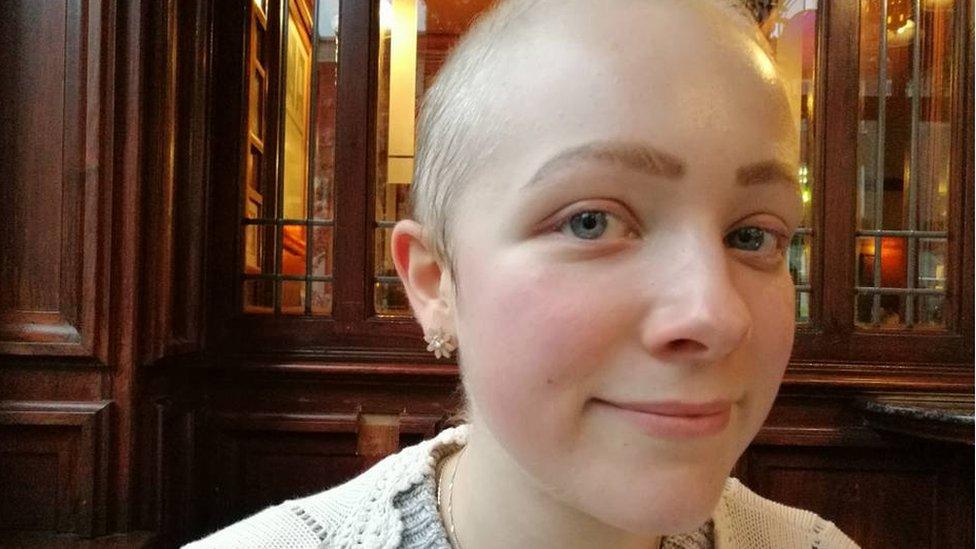
Teenager Kelly Turner was given two years to live and died at the age of 17
The parents of a teenager who died from a rare and aggressive cancer say it is vital a targeted treatment is found.
Kelly Turner, from Dover, was diagnosed with a desmoplastic small round cell tumour (DSRCT) in 2015 and was told she had just two years to live.
Her family raised more than £600,000 for treatment in the US but Kelly died in November 2017 at 17 years-old.
Her father, Martin, said every time they hear another child has died with DSRCT "it just hits so hard".
Speaking to BBC South East Today four years after his daughter's death, Mr Turner said: "We just want to kill DSCRT because it murdered our daughter."
'No treatment, no cure'
DSRCT is an aggressive type of sarcoma that occurs mostly in adolescents and young people.
The Institute for Cancer Research says it is difficult to treat, there is currently no targeted therapy and patients have a very poor prognosis.
Mr Turner said: "They diagnosed DSRCT with a life expectancy of two years and they were pretty spot on unfortunately.
"We were told at the time, there is no actual treatment, there is no chemo, there is no cure."
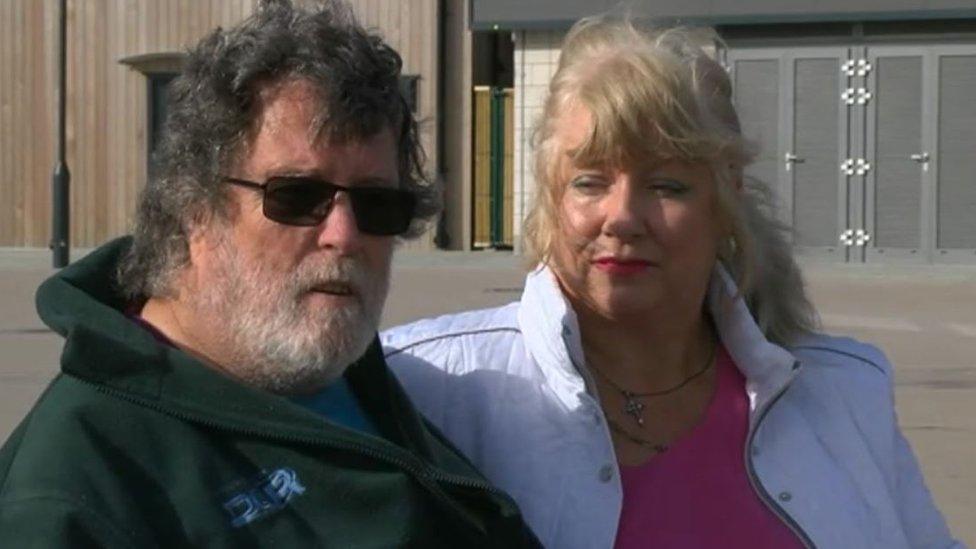
Mr and Mrs Turner are continuing to raise money to develop better treatment for the cancer that killed their daughter
Kelly's mother, Linda, said Kelly was given chemotherapy for a similar cancer, called Ewing's sarcoma, as there is no "targeted chemo or cure" for DSRCT.
The money raised for Kelly's treatment in the US has since been donated to the Institute for Cancer Research.
Prof Janet Shipley leads the Sarcoma Molecular Pathology Team there.
She said the current treatment used "a real cocktail of drugs" that were not very effective.
Mrs Turner urged people not to forget rare cancers when making donations.
"We never thought Kelly would get cancer but when it turns out that your son or daughter has got a rare cancer, you hope there is going to be a targeted treatment for it and if there isn't, then there will be no hope for them," she said.

Follow BBC South East on Facebook, external, on Twitter, external, and on Instagram, external. Send your story ideas to southeasttoday@bbc.co.uk.
Related topics
- Published13 September 2017
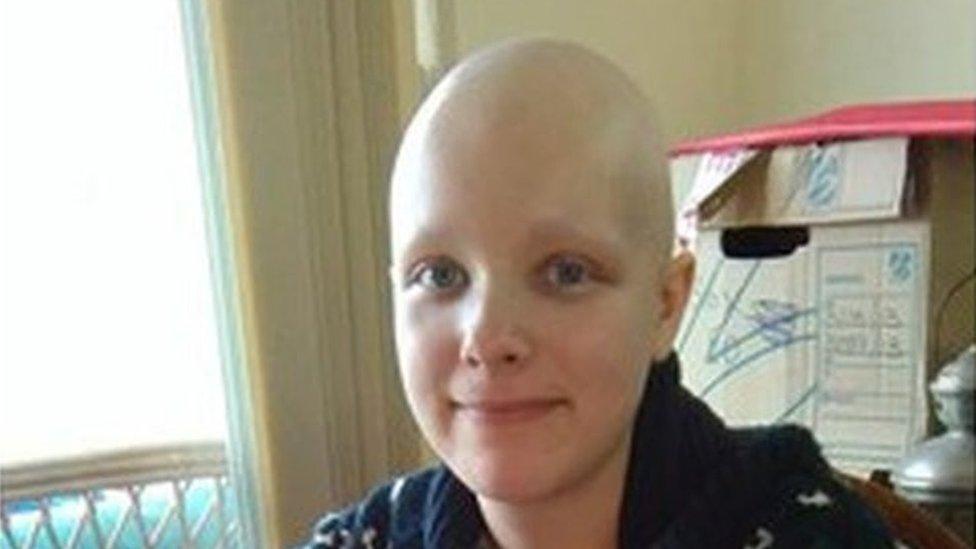
- Published15 August 2016
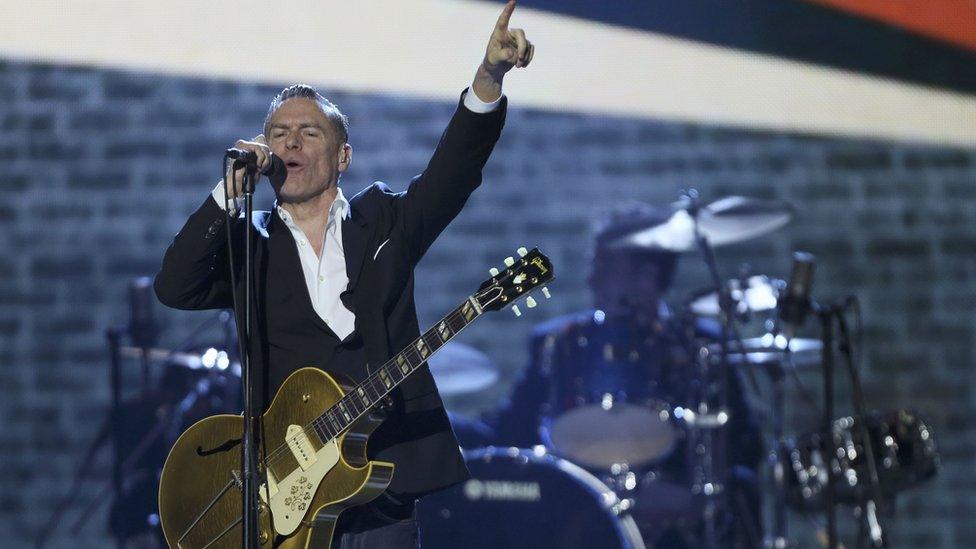
- Published29 July 2016
